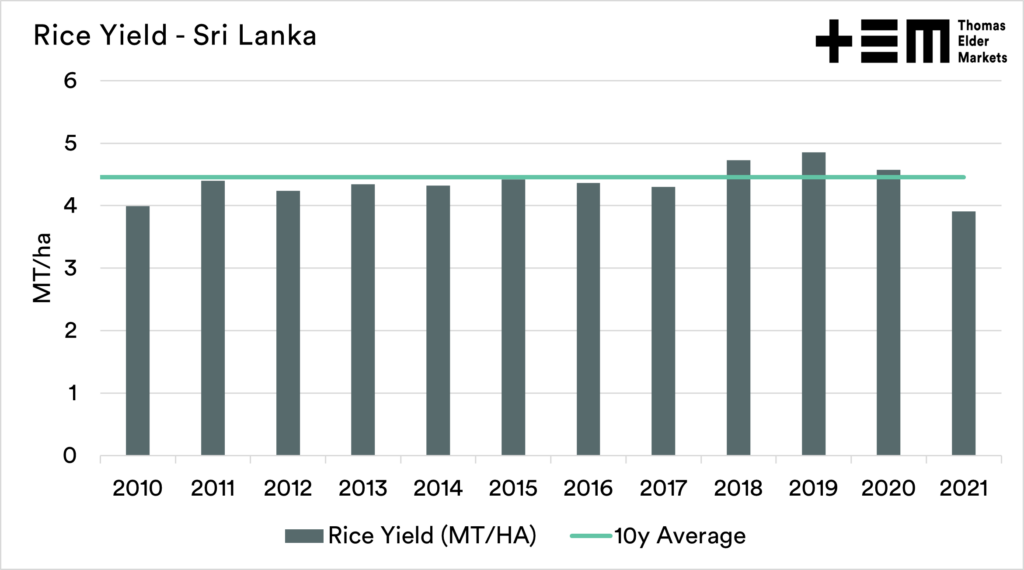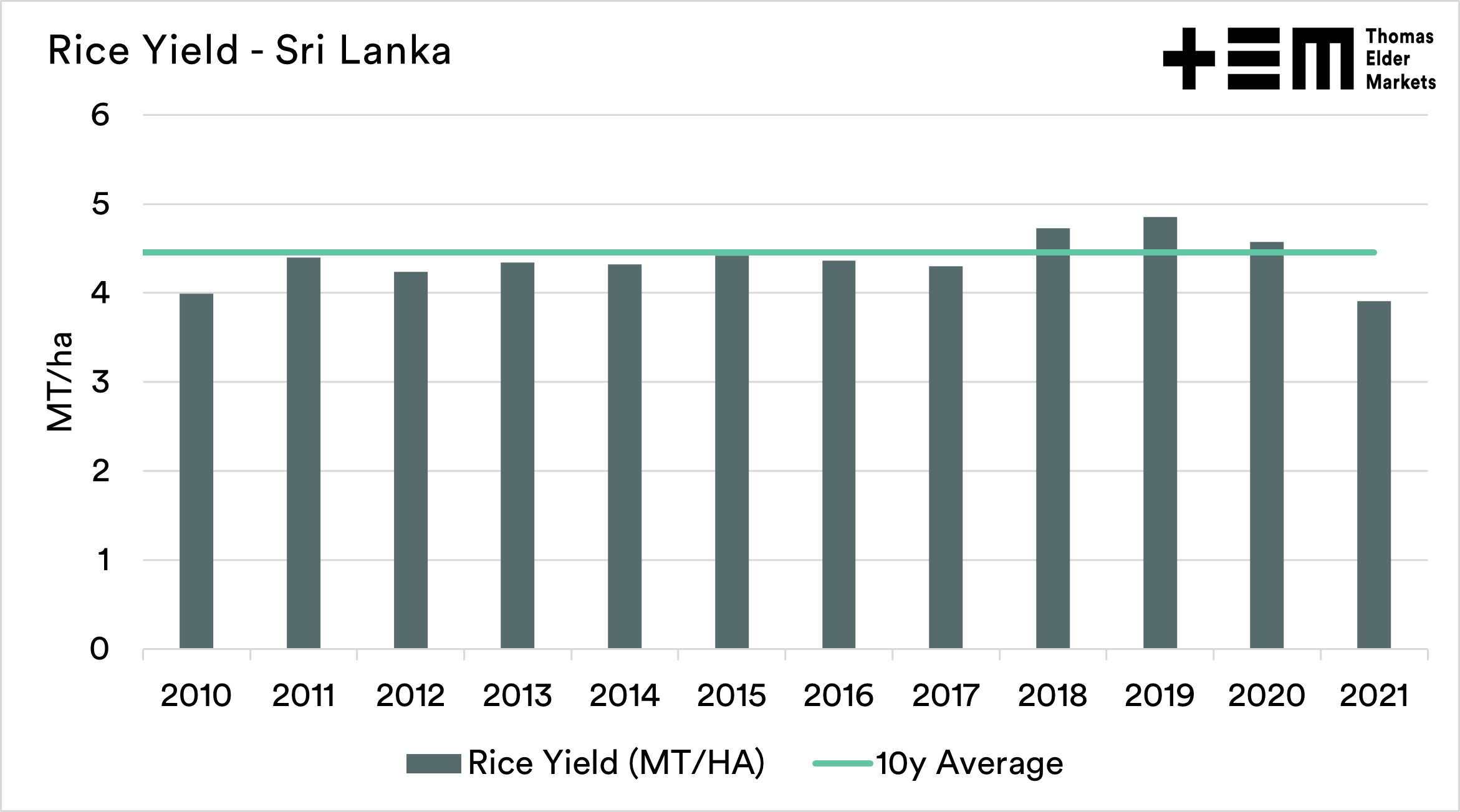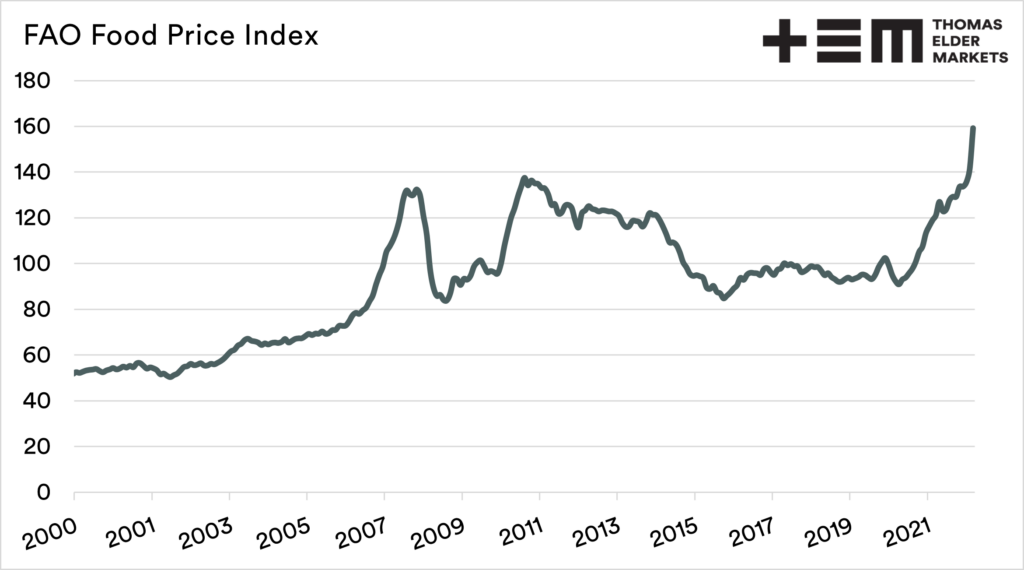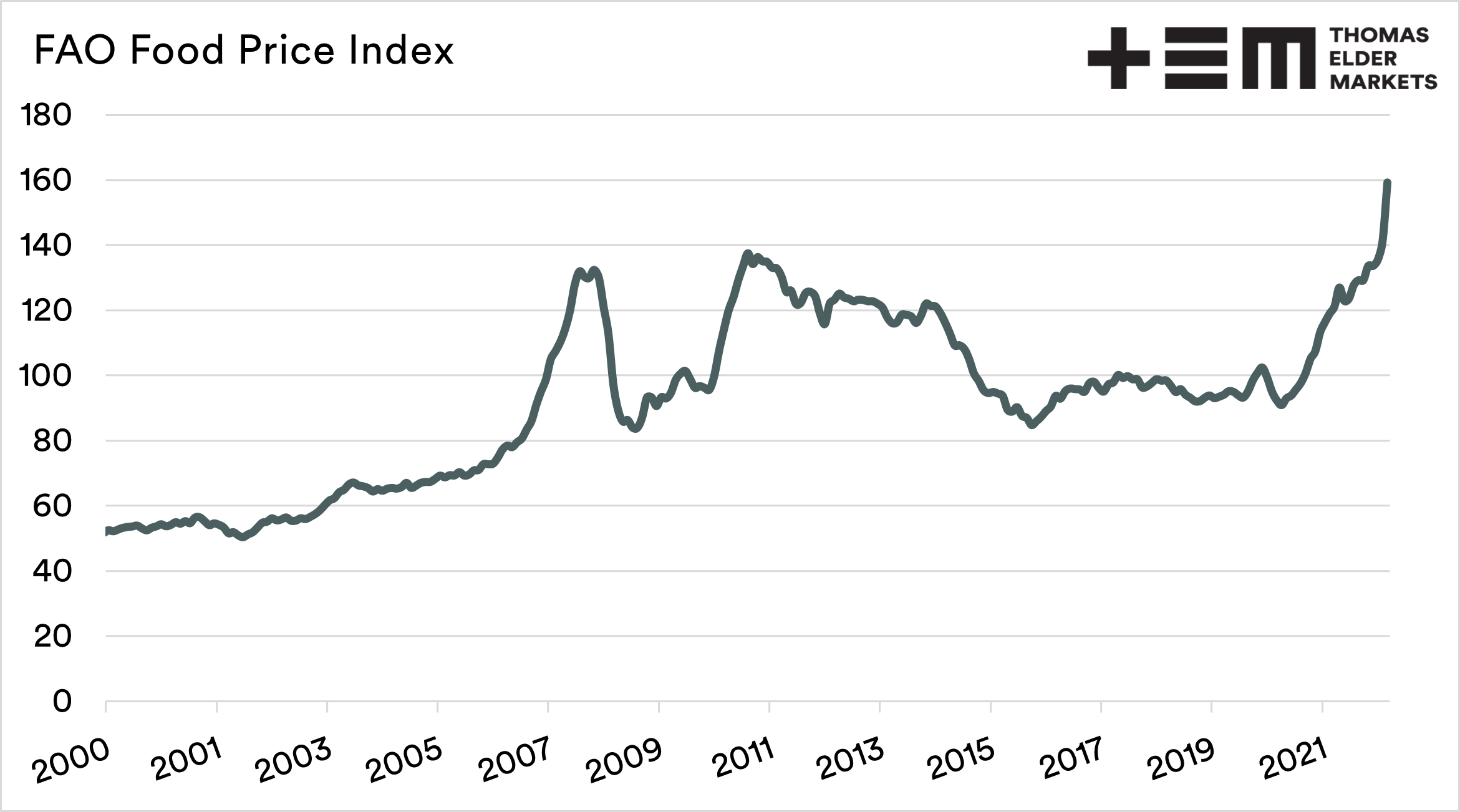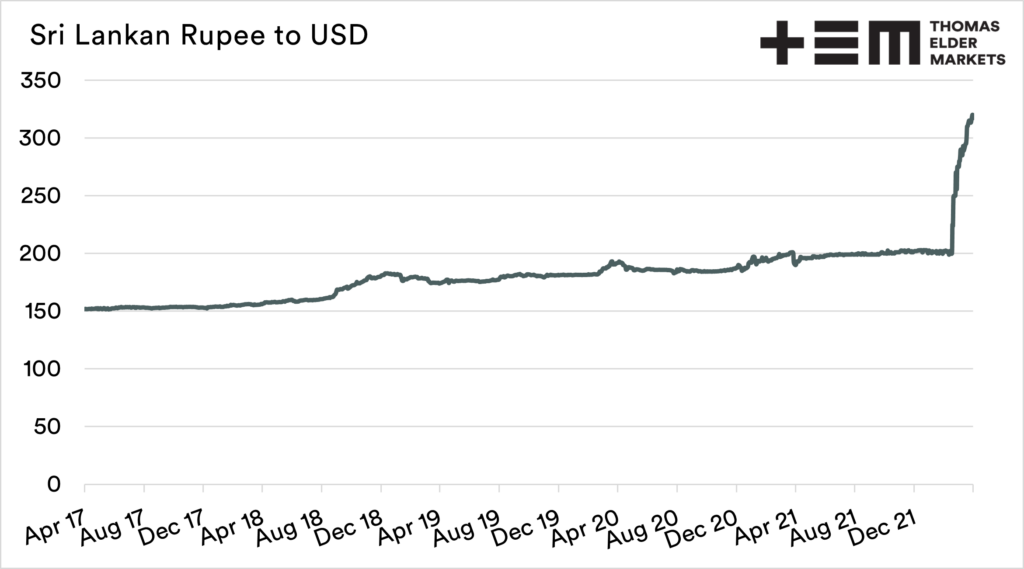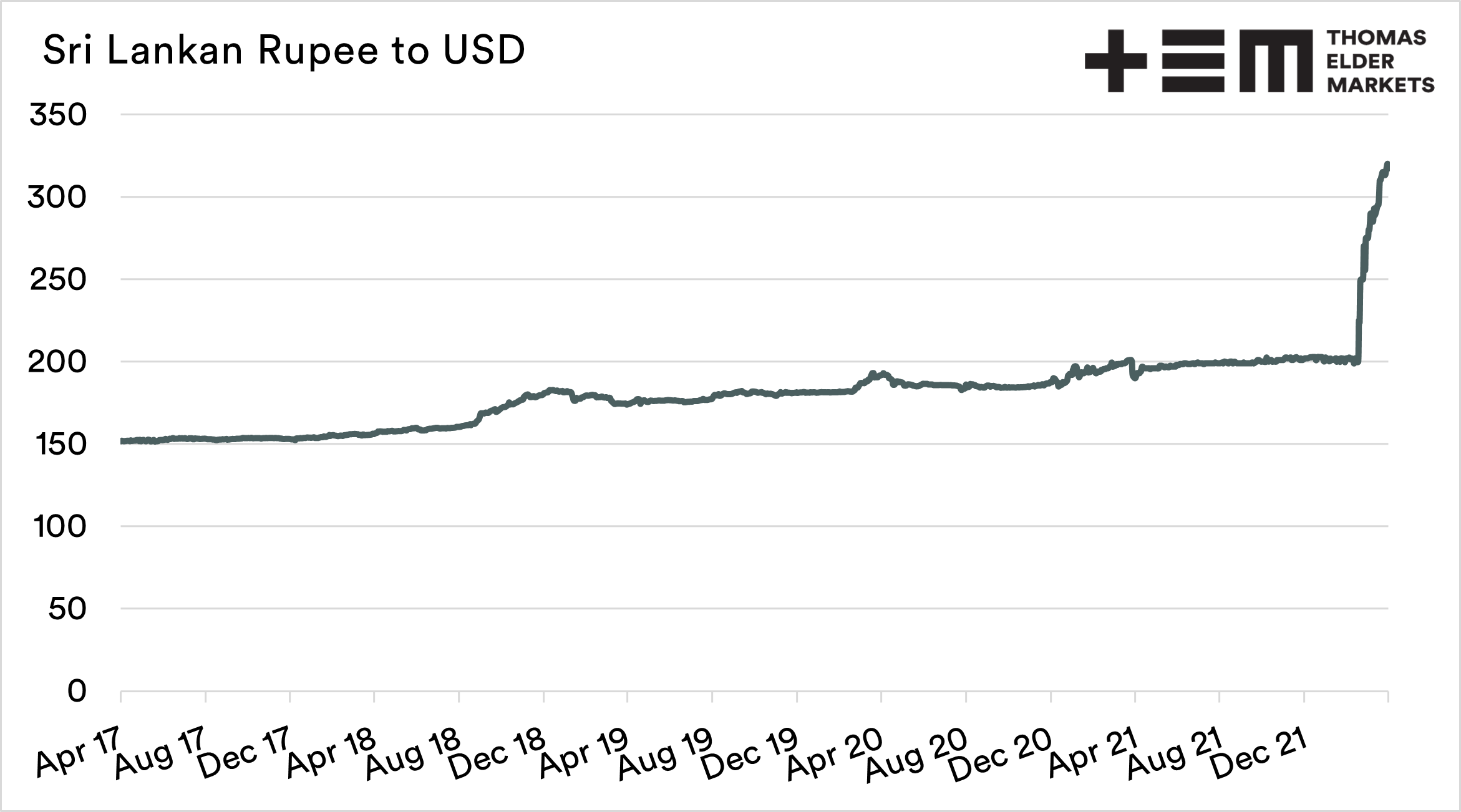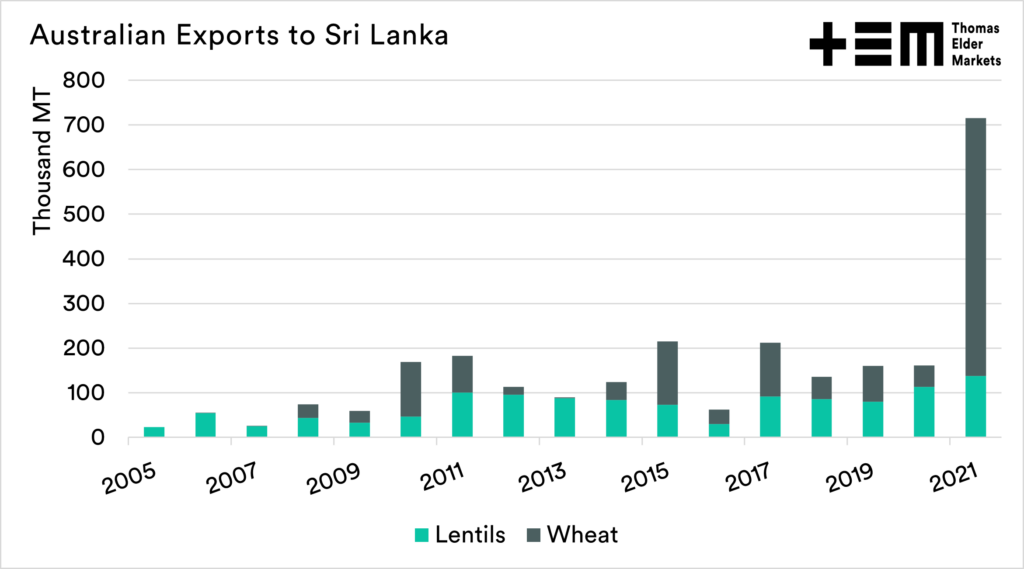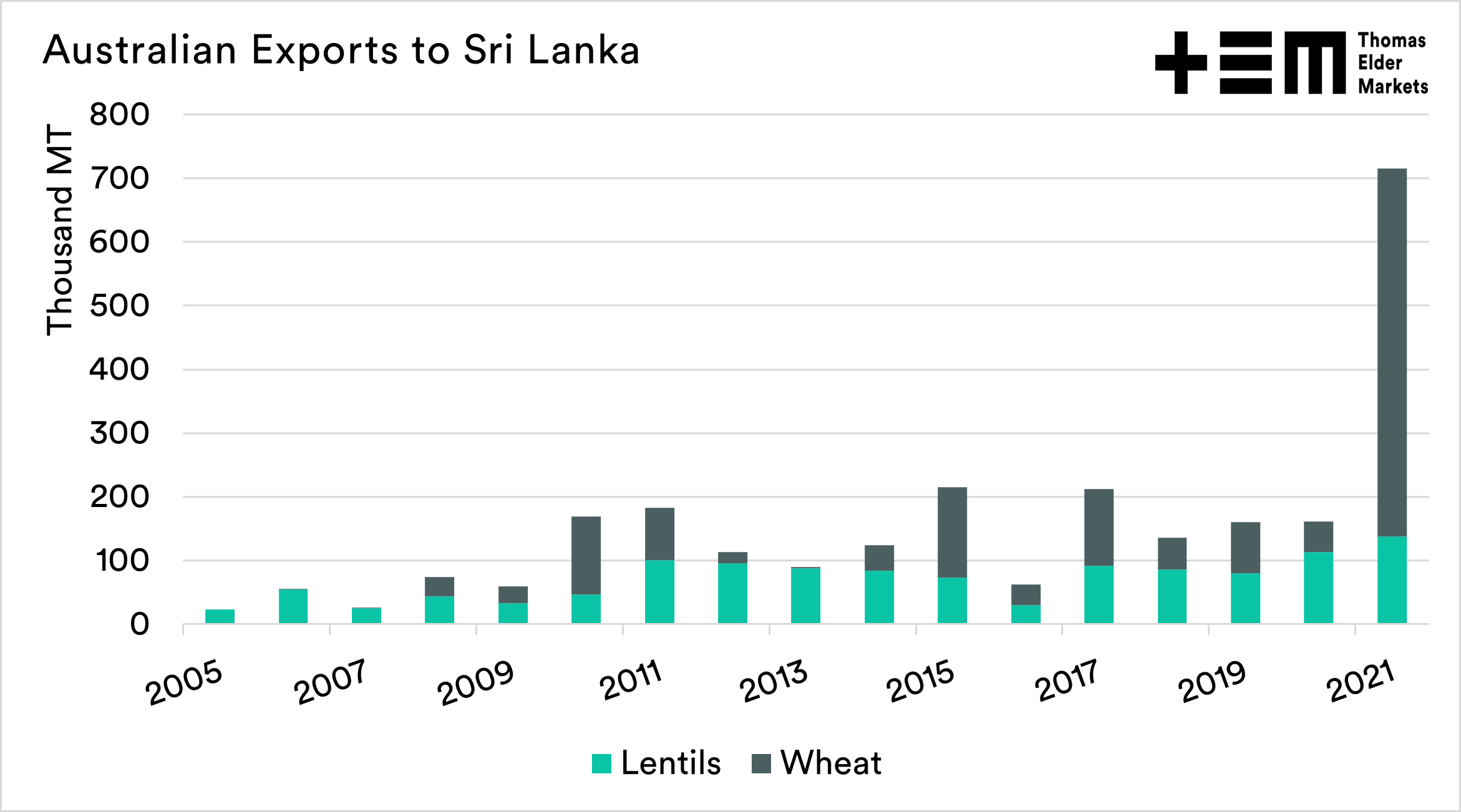Organic cropping doesn’t work at large scale
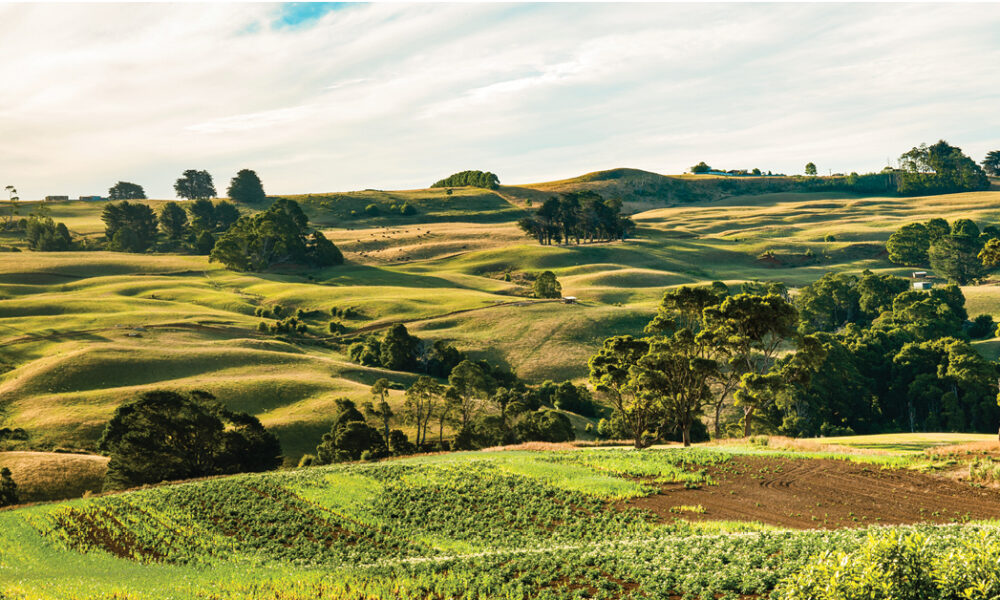
The Snapshot
- Sri Lanka mandated organic farming last year to reduce currency outflows and to reduce healthcare costs.
- Yields for the main crops of rice and tea dropped dramatically.
- Food prices around the world have risen, including Sri Lanka.
- The government decision to ban fert/ag chemicals has resulted in higher food imports.
- These imports come at a time of increased global pricing.
- Sri Lanka now faces a debt crisis and an inability to pay for imports.
- Organic farming has struggled to feed Sri Lanka, and it will struggle to feed a growing world
The Detail
There is one thought that I have always had, and it tends to hold true. Governments should have a soft touch when it comes to agriculture and markets. This is playing out in Sri Lanka at the moment.
In an earlier article, we wrote about the prospects of food crisis in the worlds poorest nations (see here) due to Ukraine. Before the invasion of Ukraine, Sri Lanka was on its way to a food crisis regardless – because of decisions by its government.
The Sri Lankan government decided last year to force the entire island nation into organic farming by banning the use of synthetic fertilizers and pesticides. Agriculture is a huge employer in Sri Lanka, with 8 million or approx 27% of the population engaged in production.
The main crop in Sri Lanka is rice, and the chart above shows the impact of switching to organic. The yield of rice dropped well below the ten-year average. Similar drops in production were felt in tea, the country’s main export commodity.
Many countries around the world are facing rising food inflation. In the case of Sri Lanka they are hit with a double whammy of food inflation along with low local production caused by government interference and the mandating of organic farming.
The purpose of this was to stem the volume of currency outflows and views that organic farming would reduce rising healthcare costs in the country.
It has been a disaster, and one of the nails in the coffin of the Sri Lankan government.
Food in developing nations is extremely important, and rising costs have led to major protests around the island and the introduction of curfews. The government of Sri Lanka is in crisis with the cabinet ministers resigning en masse in early April.
The Sri Lankan rupee has been allowed to trade freely since March, resulting in a crash in its value against the USD. This has caused difficulty for importers to pay for goods.
The government has already flagged that they will default on debts, and is approaching the IMF for debt.
Sri Lanka is an important market for lentils and generally a small proportion of our wheat. They did purchase a larger volume of wheat than normal during the last financial year. This could be due to our lower pricing levels compared to the rest of the world, and the higher requirement for imports to replace falling domestic production.
The crisis in Sri Lanka could result in additional counterparty risk when trading with importers there.
The reality is that this crisis in food pricing has been exacerbated by the government’s decision to force organic farming. It is a lesson to us all; small touch government in agriculture is the most preferred.
The other lesson is that organic farming cannot feed the world. Rich countries may be able to afford it, but with yield declines, it offers food insecurity.
NB It is important to note, that when we talk about large scale, I mean at the country/continental level. Individual businesses may be able to operate a profitable organic business in the developed world. However, the yield gap makes wholesale conversion difficult to achieve without food security issues emerging.

